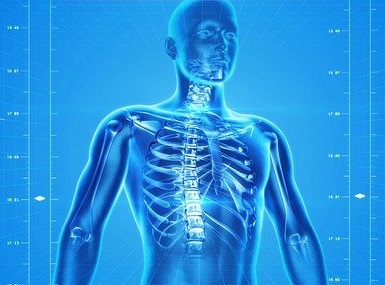
ב''ה
 Subscribe to our
Subscribe to ourGentiles do not have a commandment that they must be buried in the earth. Therefore, it is permissible for a Gentile to plan for donation of organs after his or her passing. Since they have this option, it is a meritorious thing for them to give this gift. It can provide an improved physical life, and even life itself, to another person. However, G-d’s Torah law defines the state of life or death of a person by the beating of the heart. Furthermore, G-d mandated a mission for doctors to provide healing, and not to do the opposite, as explained here.
Therefore, any Gentile who wishes to donate organs is encouraged to make a legally binding stipulation through a Living Will that is consistent with this Torah law. This type of will includes a stipulation not to remove any organs, or discontinue any life-support mechanisms that are in place, before the heart permanently stops beating.
From Ethics of the Fathers 3:14, “[Rabbi Akiva] used to say: Beloved is Man, for he was created in the Divine image. It is an even greater [act of] love that it was made known to him that he was created in the Divine image, as it states, ‘In the image of G-d was man created’ [Genesis 1:27]”. This verse refers to all mankind. A practical lesson from this is not to treat the human body disrespectfully, even in death. We learn from Genesis 3:19 that the most respectful treatment for a human corpse is burial.
For Jews, however, it is commanded to bury their entire body in the earth. (See Deuteronomy 21:23.) This should be done on the day of death or as soon afterward as possible. There are only some certain specific circumstances that may delay the burial beyond the first day. Likewise, autopsies on Jewish bodies are forbidden in general. In cases of great need, consult a reliable Orthodox Rabbi.
